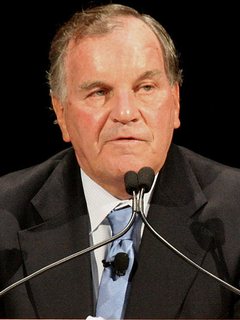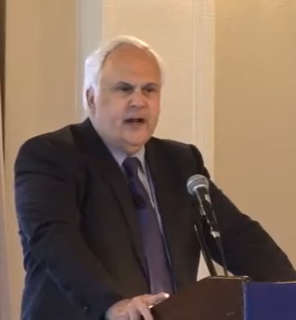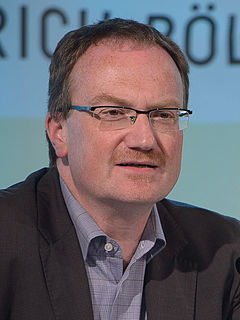A Quote by Thabo Mbeki
The problems that are arising at Johannesburg International Airport are because of the growth of volume, not because of inefficiencies at the Airport. But, the growth in movement of goods by air means that cargo capacity needs to be improved. And I am quite certain that we will do it.
Related Quotes
I am very pleased to see this project moving ahead. The Hamilton Airport serves as an international gateway to south-western Ontario. This new facility will allow the airport to expand its air cargo business and help strengthen the local economy. This is another example of Ontario's commitment to public infrastructure that contributes to long-term growth for the region.
Clearly, there needs to be an increase in the capacity of the railway system. That's why there are these projections of increasing the capacity to carry freight on the railways by 30% over the next five years or so, because the volume of goods moved up and down, imports, exports, and within the country, has grown much larger than the capacity. And this is part of the higher costs to business, because charges, for instance, at the ports become too high and they put up the prices of these goods, whether they are imports or exports. You want to reduce that.
I advise other companies' CEOs, don't fall into the trap where you go, 'Where's the growth? Where's the growth?' Where's the growth?' They feel a tremendous pressure to grow. Well, sometimes you can't grow. Sometimes you don't want to grow. In certain businesses, growth means you either take on bad clients, excess risk, or too much leverage.
Obviously, you can't operate a system at 100 percent capacity. You need room for growth. And because there are peak times, you need surge capacity. But it is easier to reduce and manage excess capacity in larger units than smaller, especially when you have a diversity of users who have different peak periods and different growth rates. That's why the utility model is intriguing.











































